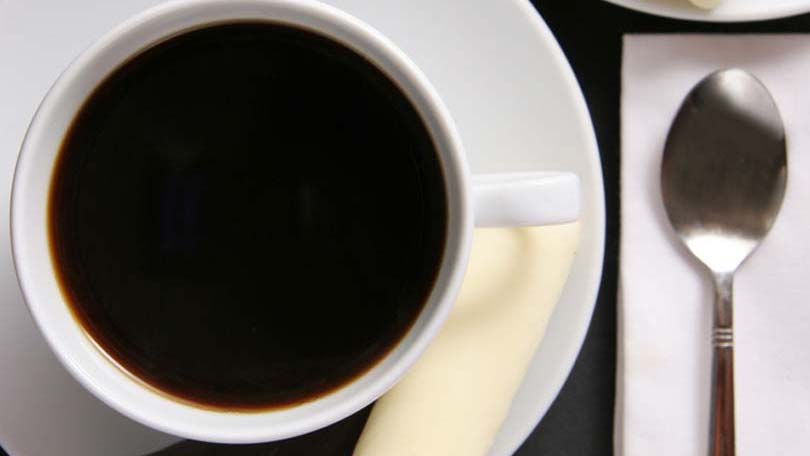Coffee is a drink that almost everyone enjoys. Whether you drink it because you enjoy the taste, or because you use it as a ‘pick me up’, it may be good for health but how much is too much? And should you be cutting back on how many cups you drink?
What is in coffee?
Coffee is made with from coffee beans and contains many compounds. Probably the most well known of these is caffeine. Caffeine blocks receptors in the brain and prevents neurotransmitters from binding to these sites, effectively blocking the feeling of tiredness and lethargy. Coffee is usually made with water and milk although there are many different ways to take your coffee. Some of you may like to add milk or cream, or add in sugar to sweeten your drink.
How much is healthy?
Coffee has had a bad reputation over the past few years however research is now showing that coffee may have benefits to your health. The Harvard School of Public Health notes that the risk of type 2 diabetes may be lower in people in who regularly consume coffee. They also report that the risk of liver cancer, liver cirrhosis and Parkinson’s disease may also be lower in coffee consumers. The risk of stroke in women may also be lower in coffee consumers. Research published by the American Association for Cancer Research showed that the risk of head and neck cancer may be decreased by 39% in those individuals who consume four or more cups of coffee a day. As caffeine is a stimulant it can also improve mental alertness. Research on shift workers in the Cochrane Library has found that those who consume caffeine are more likely to perform better (better memory scores, attention, perception and reasoning) when at work than fellow workers who had a placebo or had a short sleep (nap). They also make fewer errors on the job.
Research also conducted at the Harvard School of Public Health found that people who drink up to six cups of coffee a day were at no higher risk of death than those who had less than this. It is thought that with a balanced diet, coffee consumption can be part of a healthy lifestyle if you do not have any other medical conditions that may be affected by caffeine/and or coffee intake.
Who should be limiting their coffee intake?
There are a number of groups who should be careful of their coffee consumption. This includes pregnant women, children and young adults, and those with high blood pressure or who are sensitive to caffeine. There is conflicting research on whether caffeine may increase the risk of miscarriage but to be on the safe side pregnant women should reduce and limit their intake of caffeine. Caffeine is able to be passed through to the growing foetus and this may be a problem as the foetus is developing and is sensitive to caffeine. The effect of caffeine on the brain of a growing child or adolescent is still not understood. As it is a stimulant it may be harmful, and it can lead to problems with sleep and mental performance. It is well known that children and adolescents need sleep to develop so any disruption to sleep patterns may affect their health and performance. Caffeine can also increase blood pressure so an individual who already has high blood pressure should limit their intake of coffee. Caffeine can also make an individual overstimulated and cause anxiety, fidgeting and restlessness. This can disrupt sleep patterns and cause problems with concentration.
How to determine how much coffee is too much for you
If you drink so much coffee that you feel unwell or overstimulated (anxious, jittery, and restless) then you are consuming too much and should cut down. If you enjoy a cup or two a day and do not experience any side effects then you can continue to do this. If you consume more than 6 cups a day, even without any side effects you may still like to look at reducing your intake by a cup or two a day. If you add sugar to your coffee reducing the number of cups that you drink can also significantly reduce the amount of sugar that you have each day.
How to cut back if you need to
If you need to reduce the number of cups that you drink a day, consider switching to a decaffeinated coffee. You will still get the same taste but no caffeine. You may also like to switch to herbal or fruit tea if you like to have a hot drink. Always make sure that you drink plenty of plain water and try to have at least one glass of plain water for every glass of coffee.
Coffee can play a part in a healthy diet, and may help reduce your risk of a number of diseases. If you are unsure of how much caffeine you consume, or are worried about a health condition and the effect coffee could have on this you should check with your doctor.






